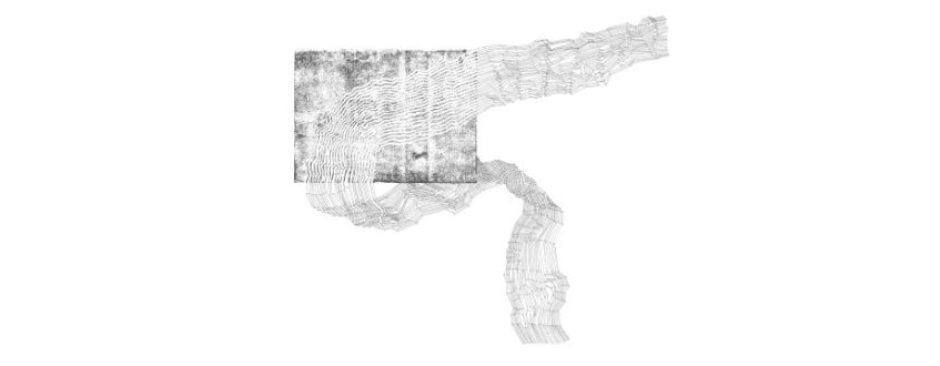Objectives
- To teach the difference between a record of something (in the form of a photograph) and an observation of something (in the form of a drawing).
- To show how much can be learned from properly observing something, even if the photograph serves as a perfect record.
- To recognise the value of seemingly insignificant things through observing them – a mark on a wall may be the record of another teaching exercise, a worn out chair has served countless students etc.
Activity – 8 minutes
- Explain the activity – the room is going to be the object of study.
- Give each person an identical piece of paper and a pencil.
- Ask everybody to take 30 seconds to pick a point in the room –
- keep it constrained to about a metre square
- it doesn’t have to be significant or noteworthy in any way
- they don’t even have to be interested in it
- Ask each person to take a photograph of that location, then put their phone away.
- Give everyone 8 minutes to draw that location in as much detail as possible
- Focus on both the obvious features which help define the location and those features which aren’t immediately apparent
- It doesn’t have to be a good drawing it is merely a record of your personal observation of that location – it can be abstract if that is more to your liking
- After 8 minutes ask everyone to stop and compare their drawing to the initial photograph they took.
Reflection – 10 minutes
- How does your drawing compare to the photograph you took? Does it tell you more or less?
- What did you learn about what you drew that wasn’t apparent before the activity? Would you have noticed these things without drawing them?
- Do you feel the drawing or the photograph will serve better as a memory prompt?
- Can you tell a story of what you drew based on what you have observed?
- What does this say about the value of seemingly ordinary things?
- What does the activity mean in a time when we can all take photographs more easily than drawing?
